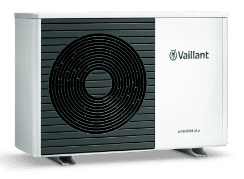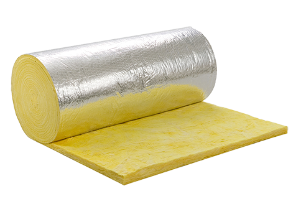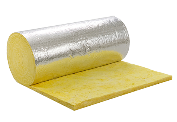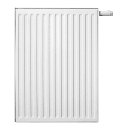Why Do Boilers Lose Pressure?
Eco Providers
August 27, 2025
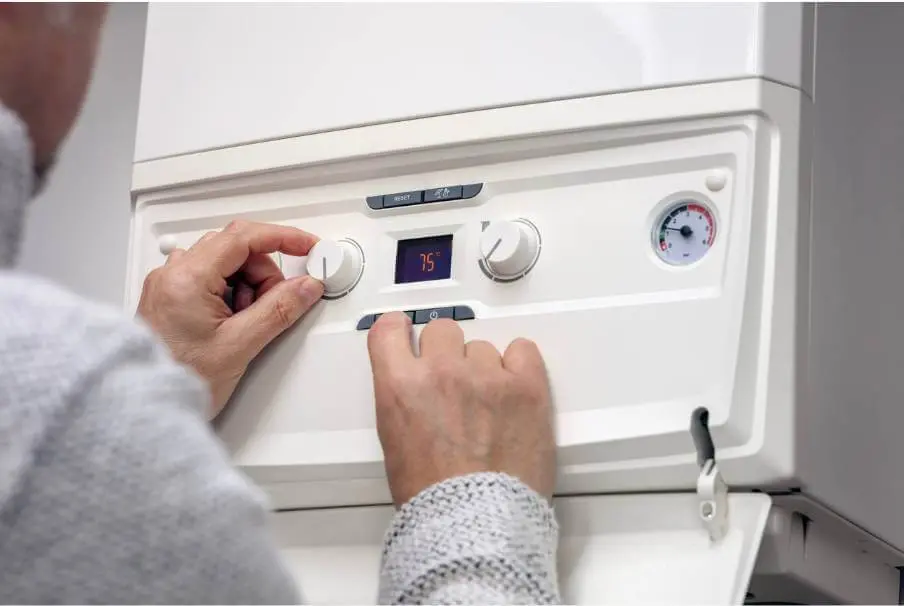
August 27, 2025
There’s nothing quite as inconvenient as finding that your boiler has lost pressure. It can result in cold showers, inefficient heating, and potentially costly repairs if not addressed promptly. However, understanding why this happens can enable you to take the right steps towards fixing this issue.
In this blog, we explore some of the common reasons why boilers lose pressure, what you can do to fix the issue, and tips for maintaining optimal boiler pressure.
What is boiler pressure?
Boiler pressure refers to the pressure of hot water circulating around your central heating system, which includes pipes and radiators. For your boiler to effectively push hot water through your system, this pressure needs to be kept at a stable level.
The volume of water in the system changes as it heats up and cools down, and modern boilers use a component called an expansion vessel to absorb these fluctuations and maintain a safe pressure level.
How can you check the pressure of your boiler?
You can easily check the pressure of your boiler by looking at the built-in pressure gauge, which is usually found on the control panel at the front of your boiler. Most modern boilers, including combi boiler models, have a dial with coloured sections. The needle on your boiler’s pressure gauge should ideally be in the ‘green zone’, which typically indicates a pressure level between 1 and 2 bar. If the needle is below this, the pressure is too low, and if it’s above, it’s too high.
Reasons why your boiler might lose pressure
There are several reasons why your boiler might lose pressure. While some issues are simple to fix, others may point to a fault with a specific component, requiring a professional to investigate. However, with an annual service, you can catch any potential issues before they become major problems.
Below are some of the most common reasons for pressure loss in your boiler.
Leaks in your central heating system
One of the most common reasons for a boiler to lose pressure is a leak. Even small leaks can cause the pressure to drop over time. These leaks can be tricky to find as they can occur anywhere in your central heating system, from radiator valves to hidden pipework.
But there are some clear signs to look out for, such as:
- Damp patches on floors, ceilings, or near radiators
- Stains or discoloured walls or skirting boards
- Visible drips coming from pipes or radiator valves
- A build-up of condensation on pipes that doesn’t go away
If you spot any of these signs, it’s a strong indication of a leak. While it may be tempting to try and fix this issue yourself, it’s recommended to call a professional boiler engineer. They can accurately locate the source of the leak and fix it safely, as well as prevent any further damage to your property and your heating system.
Bleeding your radiators
If you’ve recently bled your radiators, this can be another reason why your boiler has lost pressure. When you bleed radiators, you not only release air, but also a small amount of water. This reduction in the total volume of water can cause the pressure level to fall.
It’s completely normal for the pressure of your boiler to drop after bleeding your radiators. In fact, if you’ve bled several radiators, it’s almost certain that you will need to top up your boiler system afterwards.
When bleeding your radiators, be sure to:
- Check the pressure gauge before and after bleeding your radiators
- Be prepared to increase the pressure if it falls below 1 bar
- Avoid releasing too much water from your system. If the boiler keeps losing pressure long after you’ve bled the radiators, there may be another issue at play
Faulty pressure relief valve or filling loop
Sometimes, the pressure loss isn’t due to a leak or bleeding radiators but a faulty component on the boiler itself. Two key parts to consider are the pressure relief valve (PRV) and the filling loop. Both of these components have distinct jobs; the filling loop is used to add water to the system, while the PRV is a safety device to release excess pressure.
A faulty PRV might be letting water escape, while the filling loop could prevent you from topping the system up correctly. A constantly dripping external pipe can be a key sign that the PRV is faulty.
If you suspect either of these parts are faulty, it’s not a DIY job. High pressure or a failing expansion vessel can put strain on the PRV. The best way to fix the issue is to call a Gas Safe registered engineer. They have the expertise to safely inspect and replace these components, ensuring your boiler runs correctly.
How much pressure should a boiler have?
Knowing the correct pressure for your boiler is key to keeping your heating system healthy. When your heating is off and the system is cold, the boiler pressure gauge should ideally show a reading within the normal range of 1 to 2 bar, often in the ‘green zone’ on the gauge of most modern boilers.
It’s normal for the pressure to increase slightly when the heating is on and the water gets hot. Typically, if the pressure of your boiler is consistently below 1 bar, it’s too low, and this is a sign you need to add water. If it goes above 2.75 bar, it’s too high. You should check your boiler manual as it will provide the exact recommended pressure for your specific model.
How to increase boiler pressure
If your boiler pressure is below 1 bar, you’ll need to increase the water pressure. This is a common issue that you can usually fix yourself using the filling loop. For most modern combi boiler models, it’s a straightforward process:
- First, switch off your boiler and let it cool down completely.
- Ensure the filling loop – often a silver, flexible hose connected to the pipework under your boiler – is securely attached at both ends.
- Open the valves on the loop to allow cold water from the mains to enter your boiler.
- Keep an eye on the pressure gauge closely and wait for the needle to rise to the correct level.
- Close the valves firmly, one after the other when it reaches the correct point.
- Switch your boiler back on.
If you’re unsure on how to increase boiler pressure, check your user manual as it should have detailed instructions. Alternatively, speak to a professional engineer for expert help.
How to lower boiler pressure
Having high boiler pressure is a less common issue than having low pressure, but it still needs to be addressed to avoid damaging your system. If the pressure gauge reads above 2.75 bar, it’s too high. The simplest and safest way to lower the pressure is by bleeding one of your radiators. This will release a small volume of water from your system and cause the pressure to drop.
Be sure to keep an eye on the pressure gauge as you bleed your radiator and stop once it’s back within the normal range. You should also check that the valves on your filling loop are tightly closed, as a loose valve could be letting water into the system accidentally.
In need of a replacement boiler?
When it comes to maintaining a comfortable home, a boiler that operates efficiently is crucial. If you’re experiencing persistent problems and have ruled out simple fixes, it might be time to consider a replacement boiler.
At Eco Providers, we offer a variety of top-quality boilers from household names. We’ll help you explore your options and provide you with a solution that is tailored to your needs. We can also check to see if you’re eligible for the Boiler Upgrade Scheme (BUS), meaning you may potentially get money off upfront costs. Get a free quote online today, or get in touch with us to discuss your options in more detail.
FAQs around boiler pressure loss
If your boiler pressure is too high, it puts stress on the entire system. To prevent this, the PRV will likely open and discharge excess water, which you might see dripping from an external pipe. This can lead to component failure, so it’s important to lower the pressure by bleeding a radiator promptly.
Yes, your boiler pressure can drop even if you can’t see a leak. The cause could be a very small leak in a hidden part of your central heating system, such as under floorboards. Alternatively, it could be due to a fault with an internal component, like a failing expansion vessel, which requires a professional to investigate.
Using a boiler with low boiler pressure is not dangerous, but it can cause damage to your system over time. Most modern boilers have a safety feature that will prevent them from firing up if the pressure is too low. It’s best to follow your boiler manual and top up the pressure or call a registered engineer if you’re unsure.
